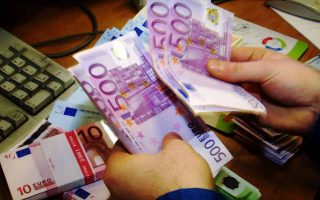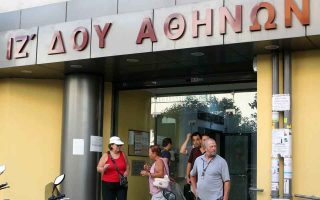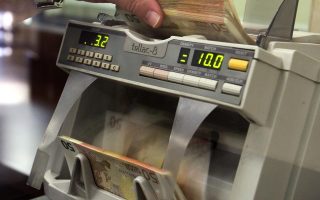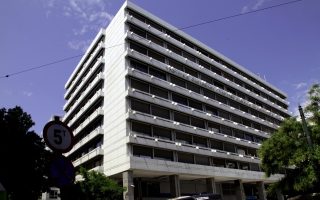Revenues boosted as Greeks get used to paying with plastic
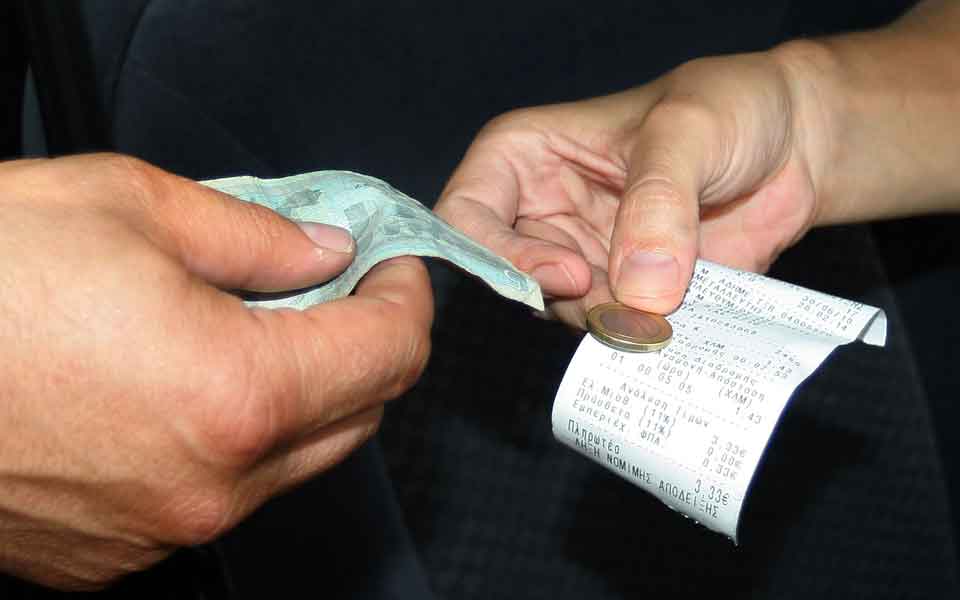
A considerable portion of the underground economy has been forced out into the open as a result of the capital controls and the increased use of plastic money, contributing significantly to an increase in tax revenues, which in the January-August period exceeded their target by 364 million euros.
Finance Ministry sources say that if plastic money was used for 100 percent of transactions in the market value-added tax evasion would be reduced by 50 percent. The European Commission puts the figure of VAT dodging in Greece at 5 billion euros per year.
Furthermore, it is estimated that increasing the current VAT exemption level from 10,000 euros of annual takings per company to 25,000 euros – a measure which has repeatedly been examined but never implemented – would reduce tax evasion further, while also cutting the state’s administrative costs.
Already the phenomenon of the non-issue of receipts has been reduced, as taxpayers have grown used to paying with debit or credit cards, and because professionals fear inspections (which are easier through cross-checking with bank transactions) they make sure to issue the receipts due.
However, sources say that there are still cases of professionals who try to hide their takings in order to dodge VAT and income tax. Although they make transactions through card terminals they still fail to issue the necessary receipts or invoices.
Ministry figures show that in the first eight months of the year, total budget revenues exceeded their target by 458 million euros, helped by additional tax revenues of 364 million, in spite of the first installment of the Single Property Tax (ENFIA) being put off from August until the end of September. That loss of a projected 624 million euros was more than offset by the rise in collections of corporate tax (by 207 million), direct taxes overdue from previous years (158 million) and VAT revenues (445 million), among others.
However the bulk of the primary surplus of 3.7 billion to end-August, up from a projected 2.7 billion, is mainly thanks to the drastic cut in state spending that amounted to 3.4 billion euros in the year’s first eight months, including a 883-million-euro reduction in the spending of the Public Investments Program.
